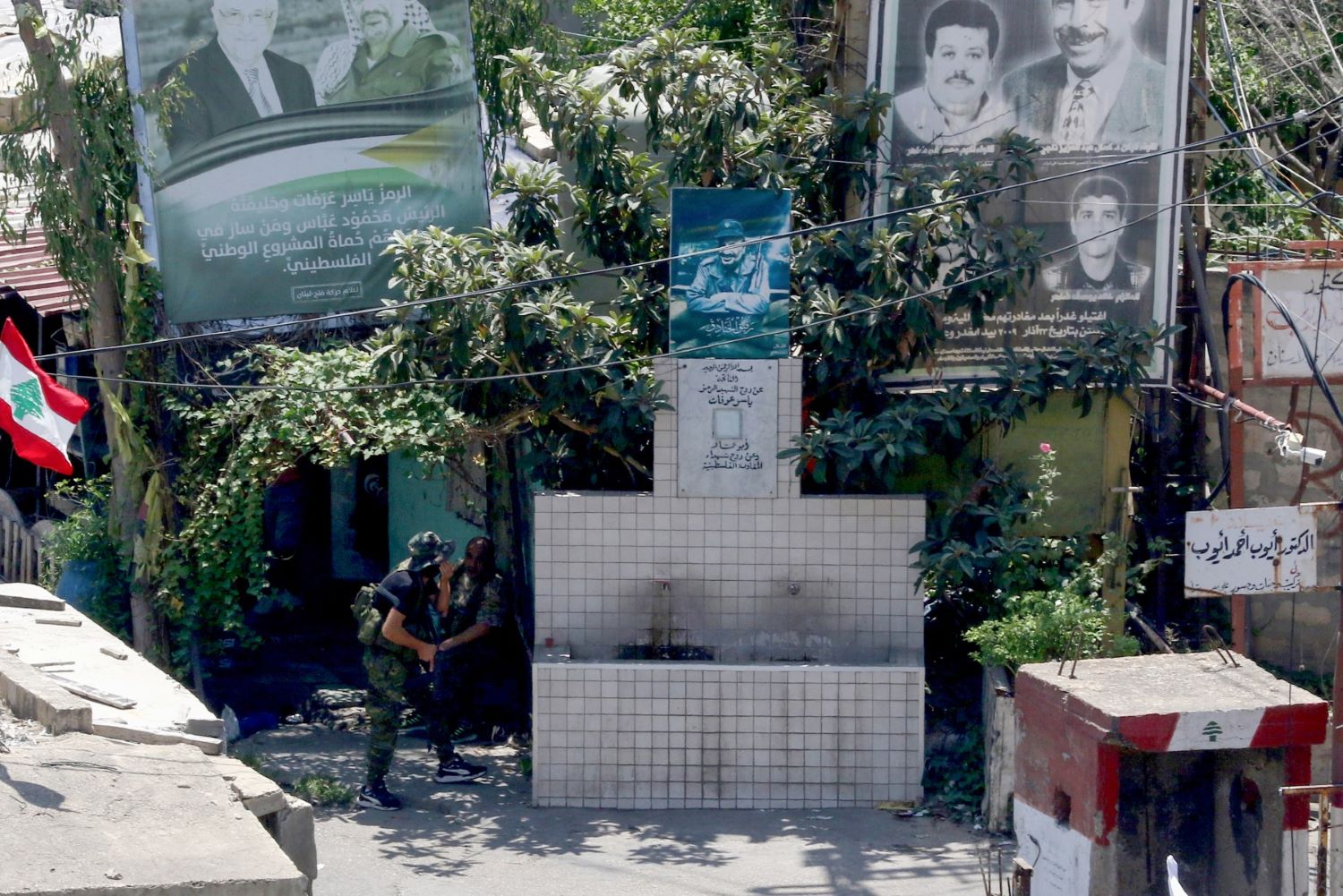Beirut, Lebanon – Lebanon’s interior minister said Monday that deadly violence at a Palestinian camp had abated, in a bid to ease fears after Gulf states warned citizens against travel to the country.
“The situation in Ain al-Helweh camp has now calmed down,” Bassam Mawlawi said referring to south Lebanon’s restive Palestinian camp.
“Security and intelligence services… have no information that the situation could spin out of control and spill over to other camps,” the interior minister told reporters.
Thirteen people were killed in several days of violence that erupted on July 29 — the worst in years — pitting members of Palestinian president Mahmud Abbas’s Fatah movement against Islamist militants.
Last week, Arab Gulf countries — some of which have already banned their citizens from travelling to Lebanon — issued warnings urging their nationals to exercise caution in the country or emphasizing travel restrictions.
The moves caught Lebanese by surprise, coming after a cautious calm returned to Ain al-Helweh, where outbreaks of violence are common.
Saudi Arabia called on citizens to avoid areas where clashes erupted, and to leave Lebanon immediately, recalling a travel ban already in place.
The United Arab Emirates and Bahrain followed suit, while Qatar, Kuwait and Oman urged their citizens to exercise caution and avoid unsafe areas.
Mawlawi said on Monday that it was “perfectly normal” for countries to take measures “to ensure the security of their citizens”.
Gulf nations have issued travel warnings over security incidents in Lebanon in the past.
Relations between Beirut and Gulf Arab states have at times been strained over the growing regional influence of Lebanon’s pro-Iranian Shiite movement Hezbollah.
Since 2021, Saudis have had to obtain their government’s permission before travelling to Lebanon due to strained bilateral ties.
Riyadh returned its ambassador to Beirut in April 2022, just over five months after recalling him amid a diplomatic dispute pitting Lebanon against several Gulf monarchies.
Riyadh also suspended fruit and vegetable imports from Lebanon in April 2021, saying shipments were being used for drug smuggling and accusing Beirut of inaction.

